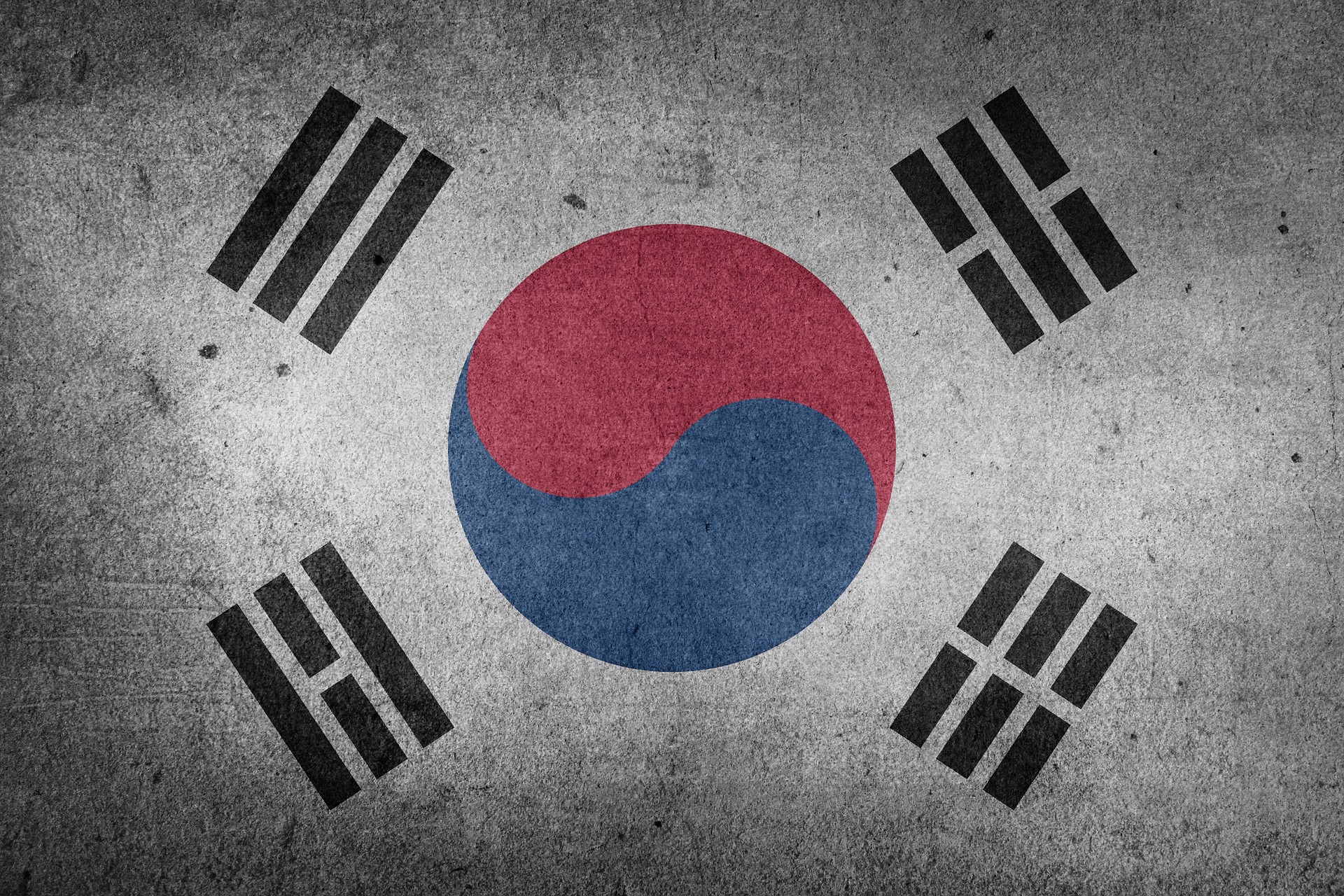
In December of 2017 South Korea’s new foreign minister met with her Japanese counterpart. In their meeting Japan pressed South Korea to abide by the 2015 agreement made in regards to wartime sex trafficking.
Korean comfort women, a euphemism for prostitutes, were South Korean women forced into sexual slavery by Japan during their occupation of the Korean peninsula, lasting from 1910 to 1945. Japan has historically been reticent to even acknowledge the existence of committing such acts, let alone formally compensating for its past actions. Numerous comfort women stories and comfort women testimonies have emerged since since the war ended, adding a dramatic human element to the wartime atrocities.
South Korea’s relatively new administration, under President Moon Jae-in, has taken issue with the 2015 agreement. It is now a key topic of discussion, headlining alongside larger issues such as North Korea’s nuclear weapons program.
The meeting, between Japan’s Taro Kono and South Korea’s Kang Kyung-wha, came just after President Moon’s visit to China. There he sought to foster closer cooperation between their two countries by emphasizing Japan’s aggression before and during World War II. Moon’s approach has made some in Tokyo uncomfortable.
Kang’s two-day visit to Tokyo was seen as Seoul’s way of signaling that it still seeks a better relationship with Japan, and has not shifted its focus entirely on China.
Kang and Kono both confirmed their countries are committed to maintaining a united front against the threat of a nuclear-armed North Korea. However the South Korean comfort women deal, as well as other issues revolving around Japan’s attempt at colonization of Korea during the early 20th century, has overshadowed the attempt at unity between the two countries.
In 2015 Japan reached a deal with then-president Park Geun-hye. The agreement was an attempt at mending a relationship severely strained over past actions and wartime activities, as well as Japan’s longtime refusal to admit responsibility for such actions.
Under these terms, Japan would recognize its military involvement in Korea, specifically in running brothels in occupied Korean territory. Prime Minister Abe even went so far as to express regret to the victims of the wartime sex trafficking. A foundation would also be set up to support the victims and their immediate families in reparation. In exchange, South Korea would declare the issue resolved, and seek no further reparations or apologies in the matter.
With the past put behind them, this would allow the East Asian neighbors to focus on a shared future, though there was heavy opposition from South Korea over the initial agreement.
A change in regime has now triggered a change in mindset. In 2016 then-president Park was involved in a dramatic scandal involving cults, bribery, abusing state power and leaking state secrets. She was ousted in March of 2017 and replaced with President Moon.
Seeking to clean house, the new administration under Moon is reviewing policy made under Park, which includes the comfort women agreement from 2015.
The deal is being scrutinized by a South Korean Ministry task force. After publishing their findings the Moon government will decide whether to honor the deal or not. There is also the option of modifying the arrangement.
The meeting between South Korea and Japan involved Kang briefing Kono on the review process. For his part, Kono reiterated Japan’s position that the agreement between the two countries should honored.
Also on the agenda was the subject of reciprocal visits between Moon and Abe, as well as discussing a long sought after trilateral summit with China. The last such meeting was held in Seoul back in 2015.
